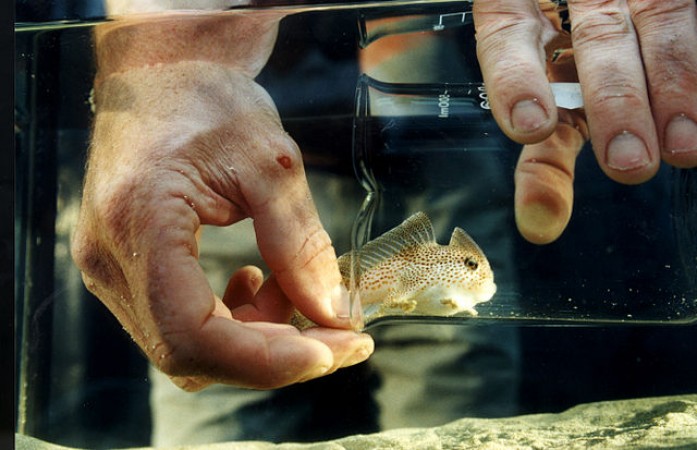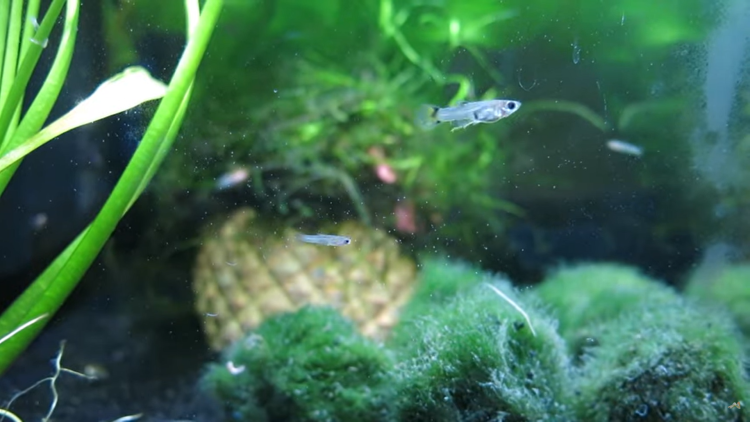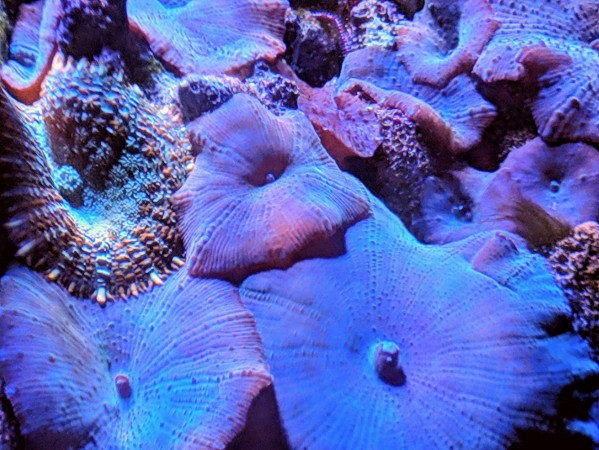How To Acclimatize New Fish To Your Tank
- May 23, 2021
- Rita
- 910 0 0

If you think moving to a new house is stressful, try being a fish. Fish are sensitive creatures and will get stressed by the transport, getting used to a new environment as well as be affected by the water chemistry. If you want the transition from the pet store to your tank to go smoothly, read on for some tips and tricks.
Selecting A Fish
A very important aspect of introducing new fish to your tank is to think about what kind of tank you have. Some fish species do better in warm water while others prefer cold water. Different fish species will also have different preferences for pH and the amount of tannins (compounds that stain the water) in the water. You will also need to pay attention to your other fish species.
Some Fish species can be very aggressive and is best kept on their own. Others can make great additions to your existing community. When Choosing a fish for a community tank, make sure it is a peaceful species. Another thing you should check is the adult size of the species your thinking of getting. They need to be an appropriate size for your tank.
If you need help, ask an expert at the pet shop or the breeder you’re getting your fish from. Once you’ve selected and purchased your fish, you will need to think about transport.
Transporting Fish

Your fish will be placed in a plastic bag for transportation. You’ll no about be in a hurry to get home and introduce your new fish, but don’t rush too much. Make sure to place your fish in a dark, cool corner of the car. The darkness will prevent some stress and the coolness will prevent sudden water temperature changes. Go straight home, but don’t speed and take corners sharply. It is best to make the ride as smooth as possible for the fish and taking corners quickly will slosh the water around stressing your fish.
Acclimatizing Your New Fish
So you’ve finally got your fish home, now it’s time to add them to your tank. Before you just chuck them in, there are a few steps you should follow to make sure they survive the transition.
- Turn off your aquarium light and make the room as dark as possible. Working in a dark room will reduce the stress levels of the fish. You can also feed your existing fish to prevent any aggression towards the new fish.
- Place the sealed bag with your fish inside it in your aquarium and let it float around for 10 minutes or more. Longer is better since this step allows the water temperature inside the bag to match the temperature of your tank’s water. Matching the temperatures will prevent your fish from going into shock when transferred to their new home.
- Once the water temperature inside the bag and in the tank is the same, you can start the water transfer process. This step is necessary since you don’t want the water from the pet shop in your tank in case it carries diseases, but the fish need to gradually get used to the water pH and hardness in your tank since it might differ from the petshop’s water.
Once you’ve opened the bag, use a clothes peg to secure it to the rim of your tank to prevent water from going in or getting out of the bag. Get a measuring jug and add about a cup of water from your fish tank to the bag. Once done, wait again for 10 minutes.
After the initial cup, remove a cup of water from the bag and pour it into another container but never into your tank. Now you can add another cup of water and wait 10 minutes again. Do this every 10 minutes until you’ve removed about twice the original content of the bag into the spare container.
- You are now ready to release the fish! Use a fish net to catch all the fish in the bag and release them into your tank. Make sure not to spill any of the water inside the bag into your tank. Once all the fish have been caught and released, remove the bag with water and dispose of it.

By CSIRO, CC BY 3.0, https://commons.wikimedia.org/w/index.php?curid=35474432
- Your tank will most likely be on the lower side due to the water you’ve removed. You can fill it back up with new water mixed with a solution that makes the water safe for fish like Aquasafe.
Well Done! You’ve successfully added new fish to your tank! Keep the tank lights off for the rest of the day to allow the new fish to get used to their environment without feeling exposed. You can turn the lights back on, as usual, the next day. They might appear to be quite skittish and shy for a while, but they’ll get used to their new tank pretty quickly. Keep an eye on your community to interfere if there is any aggression. It is always handy to have a second tank for this purpose. Some people also like to quarantine any new fish before releasing them into the community tank.







About author